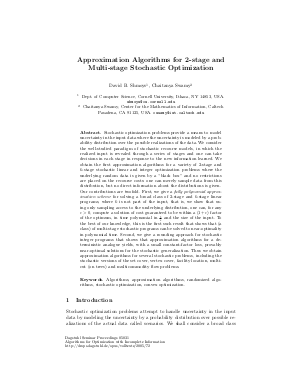DagSemProc.05031.5.pdf
- Filesize: 142 kB
- 5 pages
DagSemProc.05031.5-add.pdf
- Filesize: 324 kB
DagSemProc.05031.5-add-1.pdf
- Filesize: 112 kB

 Creative Commons Attribution 4.0 International license
Creative Commons Attribution 4.0 International license
